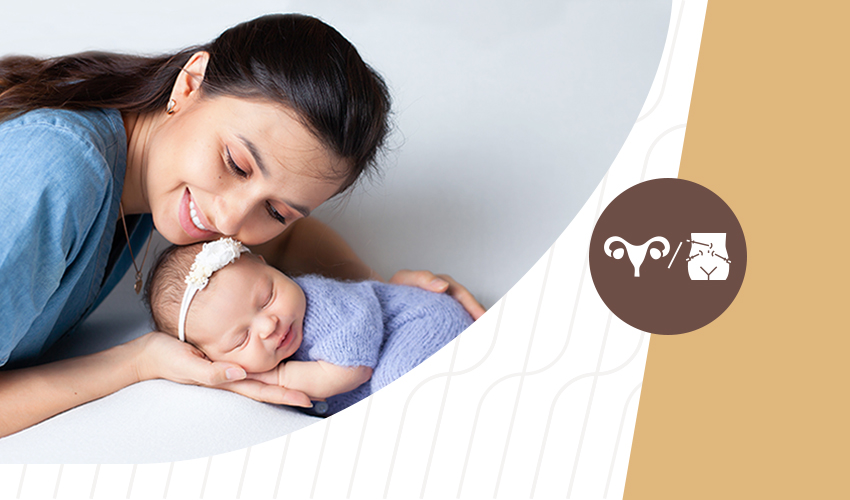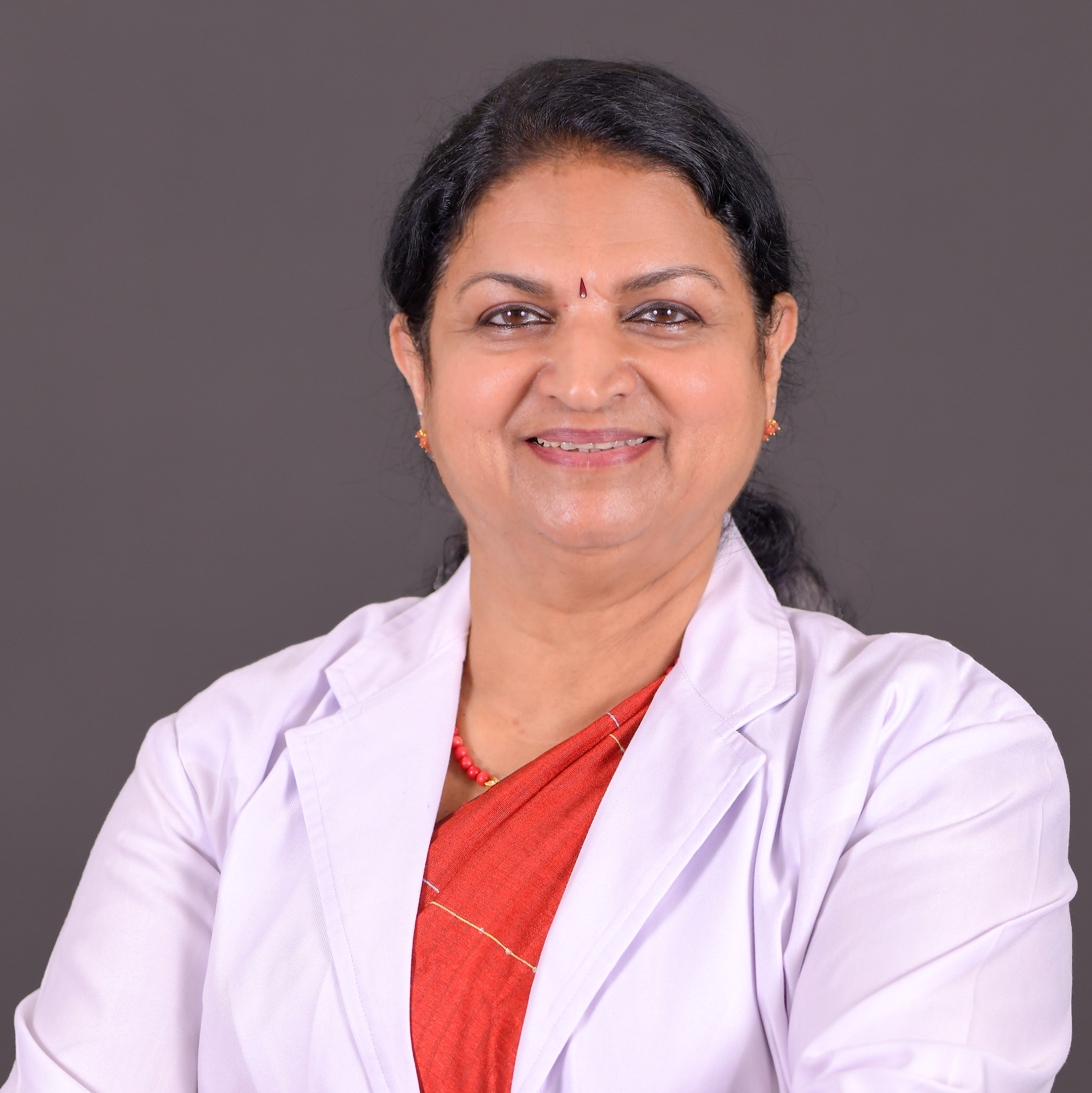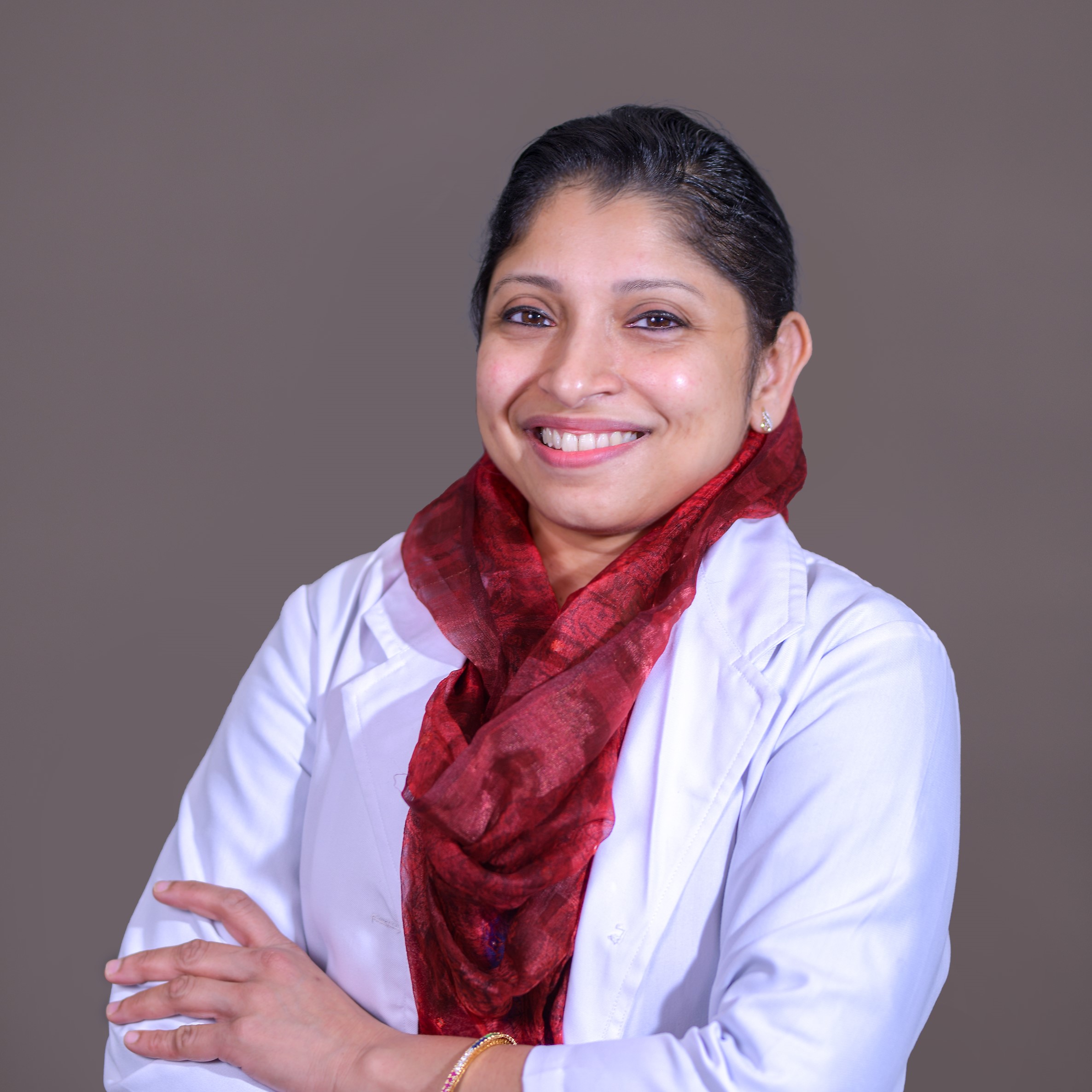- Our Doctors
- Our Specialities
Centres of Excellence
-
 Centre for Blood Diseases, BMT & Cancer Immunotherapy
Centre for Blood Diseases, BMT & Cancer Immunotherapy -
 Centre for Bone, Joint & Spine
Centre for Bone, Joint & Spine -
 Centre for Critical Care Medicine and ECMO Services
Centre for Critical Care Medicine and ECMO Services -
 Centre for Gastrosciences
Centre for Gastrosciences -
 Centre for Heart & Vascular Care
Centre for Heart & Vascular Care -
 Centre for Nephro-Urosciences
Centre for Nephro-Urosciences -
 Centre for Neurosciences
Centre for Neurosciences -
 Centre for Obstetrics and Gynaecology
Centre for Obstetrics and Gynaecology -
 Centre for Organ Transplantation
Centre for Organ Transplantation
Super Speciality
-
 Advanced Diagnostic and Interventional Radiology
Advanced Diagnostic and Interventional Radiology -
 Anesthesiology & Pain Management
Anesthesiology & Pain Management -
 Clinical Nutrition and Dietetics
Clinical Nutrition and Dietetics -
 Dental and Maxillofacial Surgery
Dental and Maxillofacial Surgery -
 Dermatology
Dermatology -
 Emergency and Trauma
Emergency and Trauma -
 Endocrinology and Metabolic Disease
Endocrinology and Metabolic Disease -
 ENT and Head & Neck Surgery
ENT and Head & Neck Surgery -
 Family Medicine
Family Medicine -
 General and Laparoscopic Surgery
General and Laparoscopic Surgery -
 General Medicine
General Medicine -
 Laboratory Medicine
Laboratory Medicine
-
- Key Procedures
- Our Hospitals
- International Patient
- Contact us
-
Quick Links


Endometriosis
Endometriosis is a common and often painful gynaecological disorder in which tissue similar to the tissue that normally lines the inside of your uterus, the endometrium - grows outside your uterus. Endometriosis most commonly involves your ovaries, fallopian tubes, and the tissue lining your pelvis. Rarely, endometrial-like tissue may be found beyond the area where pelvic organs are located.
With endometriosis, this endometrial-like tissue acts as the endometrial tissue would - it thickens, breaks down, and bleeds with each menstrual cycle. But as this tissue has no way to exit your body, it gets trapped. When endometriosis involves the ovaries, cysts called endometriomas may form which can irritate surrounding tissues and eventually develop scar tissue and adhesions.
Endometriosis can cause severe pain, especially during menstrual periods. Fertility problems also may develop. Fortunately, effective treatments are available to manage this condition.
Symptoms
- Painful periods (Dysmenorrhea), pelvic pain, and cramping
- Lower back Pain
- Pain with sexual intercourse
- Painful bowel movements and/or urination
- Heavy bleeding
- Infertility
- Other signs and symptoms: You may experience fatigue, diarrhea, constipation, bloating, or nausea, especially during menstrual periods.
Causes
- Problems with the menstrual period flow. Retrograde menstrual flow is the most likely cause of endometriosis. Some of the tissue shed during the period flows through the fallopian tube into other areas of the body, such as the pelvis.
- Genetic factors: Because endometriosis runs in families, it may be inherited in the genes.
- Immune System Disorders. A faulty immune system may fail to find and destroy endometrial tissue growing outside of the uterus. Immune system disorders and certain cancers are more common in women with endometriosis.
- Hormones. The hormone estrogen appears to promote endometriosis. Research is looking at whether endometriosis is a problem with the body's hormone system.
- Surgery. During surgery to the abdominal area, such as a Cesarean (C-section) or hysterectomy, endometrial tissue could be picked up and moved by mistake. For instance, endometrial tissue has been found in abdominal scars.
Treatments
Uncompromised healthcare services. Always.
Meet Our Doctors
Experienced Medical professionals for a superior patient experience.
Frequently Asked Questions
Can I get pregnant if I have endometriosis?
Yes. Many women with endometriosis get pregnant. But, you may find it harder to get pregnant. Researchers think endometriosis may affect as many as one in every two women with infertility
What other health conditions are linked to endometriosis?
Research shows a link between endometriosis and other health problems in women and their families. Some of these include:
- Allergies, asthma, and chemical sensitivities
- Autoimmune diseases, in which the body's system that fights illness attacks itself instead. These can include multiple sclerosis, lupus, and some types of hypothyroidism.
- Chronic fatigue syndrome and fibromyalgia
- Certain cancers, such as ovarian10 and breast cancer
But we always recommend consulting with your gynaecologist, as everyone’s history and medical condition may be a little different from each other.
Who gets endometriosis?
Endometriosis can happen in any girl or woman who has menstrual periods, but it is more common in women in their 30s and 40s. You might be more likely to get endometriosis if you have:
- Never had children
- Menstrual periods that last more than seven days
- Short menstrual cycles (27 days or fewer)
- A family member (mother, aunt, sister) with endometriosis
- A health problem that blocks the normal flow of menstrual blood from your body during your period

 +91 9393 108 108
+91 9393 108 108



















































